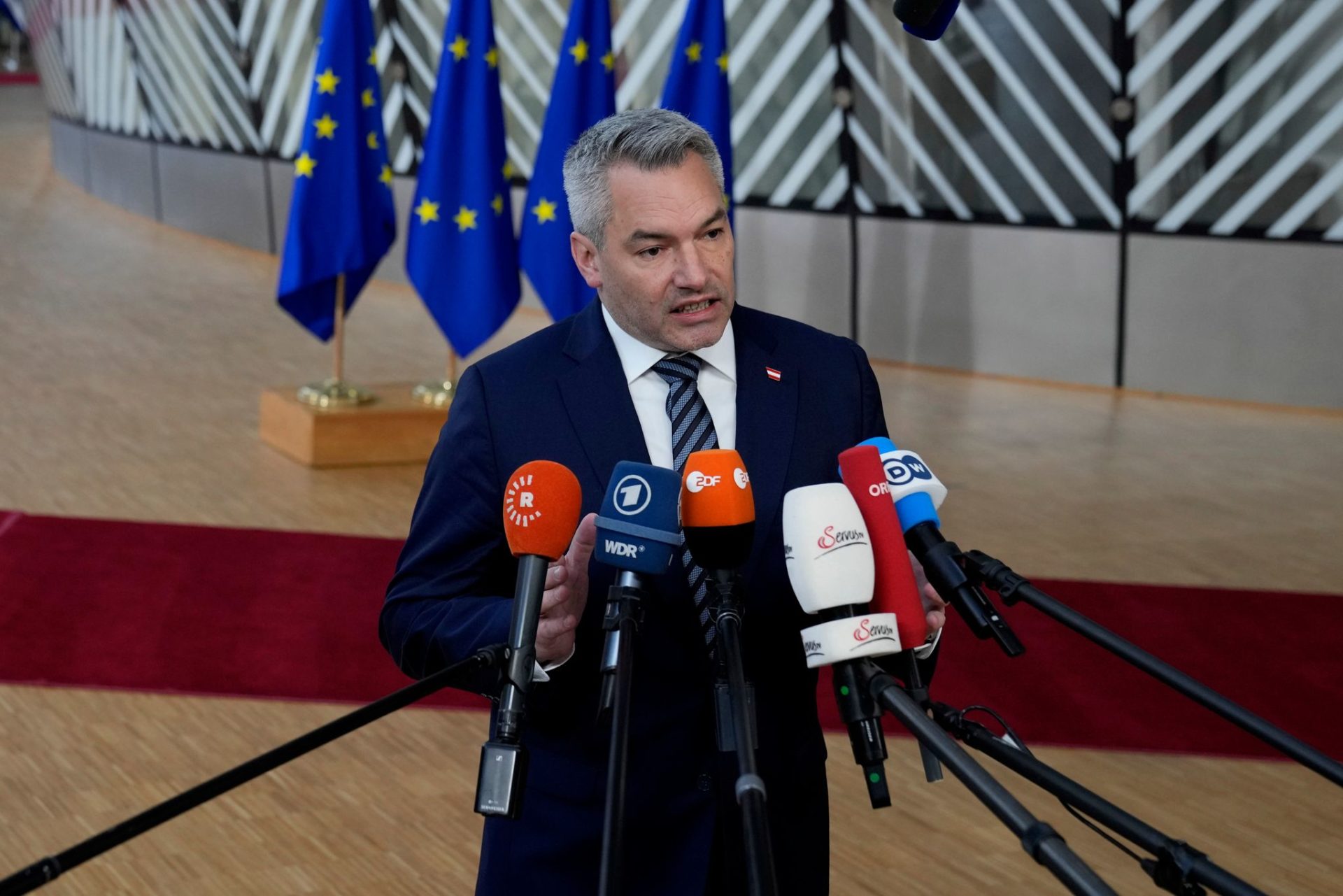 Have the article read by OpenAI (Beta). Please note that AI translations may take some time to process.
Have the article read by OpenAI (Beta). Please note that AI translations may take some time to process.German Minister of Economy Habeck: European Commission’s state aid rules on Uniper show a sense of proportion
Berlin (dpa) – German Minister of Economy Robert Habeck has described the conditions imposed by the European Commission with regard to the rescue package for Uniper as aid rules with a sense of proportion. On Wednesday, the green party minister said it was reasonable to have rules of the game when nationalizing a company that was competing in the market. While market opportunities would be curtailed, the company would still be able to turn a profit.
On Tuesday, the Commission gave its approval under state aid law for a stabilization package for Uniper worth billions of euros. It provides for a temporary, extensive nationalization of the energy group. In the course of this, a capital increase of up to 34.5 billion euros is possible. For competitive reasons, Uniper had to commit to selling several subsidiaries and other company assets by the end of 2026. These include Russian company Unipro, hard coal-fired power plant Datteln 4 and the German district heating business. (December 21)
Schengen – Nehammer denies “political agitation”

Vienna (APA) – In a Christmas review after the Council of Ministers, Austrian Federal Chancellor Karl Nehammer (ÖVP) has defended Austria’s veto against the Schengen accession of Romania and Bulgaria. This was not a question of “political agitation”, he said. Emotionalization in such matters was a mistake. Rather, it was a matter of facts, he pointed out once again, saying that according to the ÖVP, a large portion of the refugee influx came via Romania and Bulgaria.
The Chancellor sees himself in good exchange with Bulgaria. He announced that he would also visit the country and promised Sofia appropriate support. Nehammer did not comment directly on the fact that Hungary should actually be the target of Austrian criticism because it just waves the refugees through. However, he stressed that he was “not naive for a second” about the country. But since Hungary is Austria’s neighbour, there is a need for cooperation on security policy, he said.
Nehammer did not dispute the fact that the Green Party thinks very little of the Schengen veto. But even where the ÖVP and the Green Party disagree, they try to manage it in such a way that there is no deadlock, no blockade.
Vice-Chancellor Werner Kogler (Green Party) also stressed that they were working on the conditions under which the accessions could take place. Ideally, they were aiming for this to happen during the Swedish Council Presidency, i. e. in the first half of 2023.
At the EU interior ministers’ meeting on December 8, Interior Minister Gerhard Karner (ÖVP) had agreed to a Schengen enlargement to include Croatia, but at the same time vetoed Romania and Bulgaria. This led to massive criticism and diplomatic disgruntlement, especially on the part of Romania, where the predominant sentiment is that the country has been unfairly deprived of its Schengen membership.
Spain will receive an additional 1.8 billion euros from EU’s Cohesion Fund
Brussels (Europa Press) – Spain will receive an additional 1.8 billion euros from the European Cohesion Fund to sustain employment, finance temporary lay-offs and strengthen the health sector after the coronavirus pandemic, the European Commission said on Tuesday.
Specifically, the national employment, education and training program will be financed with 1.1 billion euros to pay for temporary lay-offs, a key measure to protect employment after the economic difficulties unleashed by the pandemic. Since 2021, European funds have supported this measure with a total of 2.2 billion euros, benefiting nearly 750,000 workers in Spain.
The European funds will support employment programs in different autonomous communities. Those will help people to acquire new skills and will also reinforce the healthcare system with new hires.
This is a compilation of the European coverage of enr news agencies. It is published Wednesdays and Fridays. The content is an editorial selection based on news by the respective agency.
